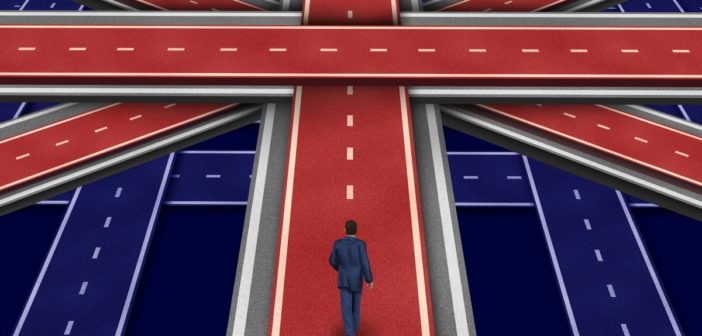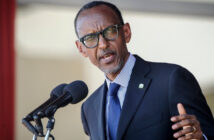As we welcome the dawn of a new day, we are greeted with the news of the divorce of the Britain from the European Union. Leave won by 51.9% to Remain 48.1%. This result is sending global markets plunging, casting British politics into disarray and shattering the stability of a project in continental unity designed half a century ago to prevent World War III.
The UK’s unprecedented decision to quit the European Union plunged the 28-state bloc into the deepest crisis in its history, a seismic detonation that could yet topple the entire project. And even lead to the break-up of Britain itself.
The leave campaigner got off the starting blocks with vigour and propaganda much earlier than the remain campaigner who are counting on the many gains of the EU to come tops. The leave campaigner expertly centred their grievance of immigration from Eastern Europe and the danger it poses to jobs and the coming of Turkey into EU. The leave campaigner also use the clear and present danger of terrorism to its advantage. It’s rhetorics paid off, Boris Johnson and his acolytes will be beating their chest knowingly taking the world back 50 years, the consequences of which is not decernible at the moment.
Prime Minister David Cameron took a huge political gamble calling for this referendum and he will leave with the consequences of it. Nigel Farage, leader of the UK Independent Party (UKIP) hailed the result as the UK’s “independence day”, rather than a destruction of one thing that typifies the depth of cooperation among nations.
The British pound hits the lowest level to dollar since 1985 as the confirmation of the leave victory trickles in. There is growing uncertainty about Scotland after it overwhelming voted remain which could trigger a second independence referendum from Britain. The Scotland National Party manifesto for May’s Scottish Parliament election said there should be another referendum if there was a “significant and material” change in circumstances, such as Scotland being taken out of the EU against its will. Northern Ireland also voted remain which also connote some consequences.
The anticipated domino effect has begun vibrating across Europe. In France, National Front leader Marine Le Pen said the French must now also have the right to choose. Dutch anti-immigration politician Geert Wilders said the Netherlands deserved a “Nexit” vote while Italy’s Northern League said: “Now it’s our turn”. The Far-Right movements are jubilating.
But European Parliament President Martin Schulz denied Brexit would trigger a domino effect, saying the EU was “well-prepared”. He said: “This is not a crisis for the European Union. It is an appeal to the European Union to take very seriously the reasons why British voters wanted leave.”
But Beatrix von Storch, of Germany’s Eurosceptic AfD party, praising “Independence Day for Great Britain”, demanded that Mr Schulz and European Commission head Jean-Claude Juncker resign. “The European Union has failed as a political union,” she said.
It seems xenophobia, elevation of fear, terrorism and racism plays a major role in the triumph of leave in the British vote. It seems the British still nurture the mentality of 1700 when as an empire it was the top dog in the world. The British has been shying away from its international commitments in recent times leaving the United States and France to shoulder the problems of the world. Even here in Nigeria, The French have shown more commitment and support towards the fight against Boko Haram. The leave vote is an affirmation of selfish interest while benefitting from globalization-an exhibition of intolerance of the rest of Europe. The British should realize it is easier to break a stick of broom, much difficult for a bunch.
The UK has to negotiate two agreements: a divorce treaty to wind down British contributions to the EU budget and settle the status of the 1.2 million Britons living in the EU and 3 million EU citizens in the UK.
The second treaty will be more momentous for Britain’s future: an agreement to govern future trade and other ties with its European neighbours. The process is likely to be difficult and tumultuous.
The European Union is the world’s biggest economy and the U.K.’s most important trading partner, accounting for 45 percent of exports and 53 percent of imports. Many international banks and brokerages have long used Britain as the entry point to the EU because of its trusted legal system and institutions that operate in English, the language of international finance. Britain’s financial services industry is also surrounded by an ecosystem of expertise — lawyers, accountants and consultants— that support it.
Some 60 percent of all non-EU firms have their European headquarters in the U.K., according to TheCityUK, which lobbies on behalf of the financial industry. The U.K. hosts more headquarters of non-EU firms than Germany, France, Switzerland and the Netherlands put together.
London will be greatly threatened as the financial capital of Europe with this result. The only question that remains is whether the dire economic predictions economists made during the campaign will come to pass. So much uncertainty about the future of the EU and the UK, now the long and arduous road to divorce just begins.




